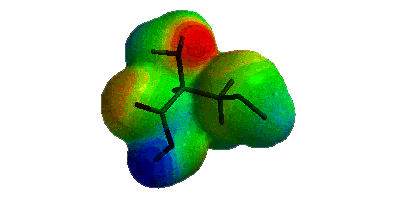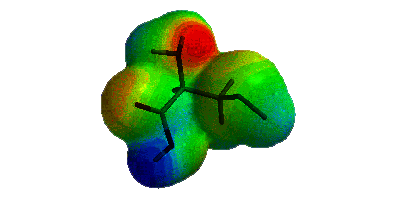Scaling Up Quantum Computers for Chemistry
Quantum computers hold the promise of simulating complex molecules that are beyond the capabilities of classical computers. To understand how close they are to fulfilling this potential, researchers have now investigated the system requirements of a quantum computer that could outperform classical computers in calculating molecular properties. Their findings, reported in Physical Review A, show that a quantum computer using current algorithm techniques would need an astounding quantum gates to simulate a simple biochemical compound.
A quantum computer stores information in quantum bits (qubits) that allow it to potentially perform certain tasks in much less time than it would take a normal computer. The canonical example is factoring large numbers, but to actually surpass classical factoring methods, a quantum computer would need several thousands of qubits, which is beyond the qubits that researchers have so far been able to connect.
Quantum computers may prove their worth sooner in other fields, like quantum chemistry. Simulating a water molecule, for example, would require only qubits (by contrast, a classical computer simulation of water needs bits). However, quantum operations on the qubits rely on logic gates, which so far have been limited to a few hundred per device. Dave Wecker of Microsoft Research in Redmond, Washington, and his colleagues tabulated the number of gates needed to simulate a molecule of a certain size. For water, they found you would need several billion gates to calculate the electronic ground state using a standard algorithm. The gate count goes up by a factor of a billion for slightly larger molecules that are currently intractable with classical methods. Judging this unfeasible, the researchers conclude that quantum software engineers need to continue their efforts at devising new algorithms that reduce the number of gates. – Michael Schirber





